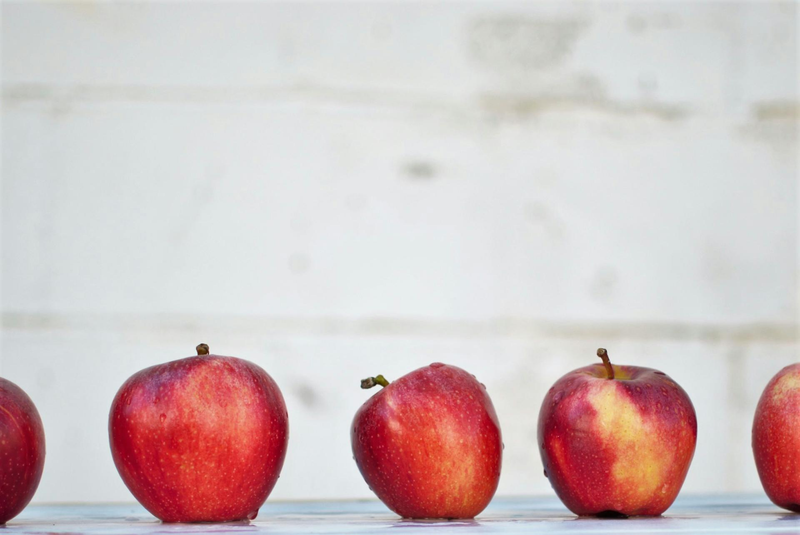
The fine line between perfectionism and creativity

Creativity is something that always gives me a lot of energy. Coming up with ideas, writing, looking for new perspectives — it usually flows naturally. But there’s also a downside. Because just as strong as my creative side, my perfectionistic side is present as well. And the two don’t always get along.
Perfectionism often shows up for me as a little voice that whispers: “Is this really good enough? Couldn’t you phrase it better?” That voice can get so loud that I keep polishing, correcting, and postponing. Sometimes I end up sharing a text or idea much later than I actually want to.
Maybe you recognize this: you have a good idea, but you’re afraid it isn’t perfect yet. You hold back from drawing, writing, presenting, or experimenting until you’re absolutely sure it’s right. Only that moment often never comes.
Opposites
Psychologically speaking, perfectionism and creativity are almost complete opposites.
Perfectionism is about control and avoiding mistakes.
Creativity, on the other hand, asks for freedom, experimentation, and the willingness to take risks.
Research shows that perfectionism often leads to procrastination and less innovation (Flett & Hewitt, 2002). Yet mistakes and failures are exactly the breeding ground for original ideas. Carol Dweck, known for the growth mindset, emphasizes that learning and creating are only possible when we’re willing to fail and experiment.
I think of a client who used to be very creative. She painted and wrote stories but eventually stopped. “I was so critical of myself,” she told me, “that I no longer enjoyed it. Everything had to be right immediately, otherwise I threw it away.” It was only when she learned to make space for unfinished work that she rediscovered her creativity — simply trying something without judgment.
Imperfection
What helps me, and what I often share with my clients, is to see ideas as sketches rather than final products. You don’t have to deliver the perfect piece right away; the first version can simply be a draft. It can also be very helpful to share something earlier than you normally would. You often discover that it’s already much more valuable than you thought, even if it doesn’t feel finished. And finally, it helps to remind yourself of the purpose of creativity. It isn’t about being flawless or perfect, but about expression, renewal, and connection.
Perfectionism can be a wonderful driver for delivering quality. But if it holds you back from making, playing, or sharing, it cuts off your creativity. The art is not to get rid of it, but to let it step aside for a moment. So that there’s room to experiment and grow.
And maybe that’s the biggest paradox of all: that creativity truly arises when we dare to accept that it doesn’t have to be perfect.

About the author
- Karolien Koolhof is a coach voor introverts and gifted individuals
- Author of the book Introvert Leadership
- Contact

